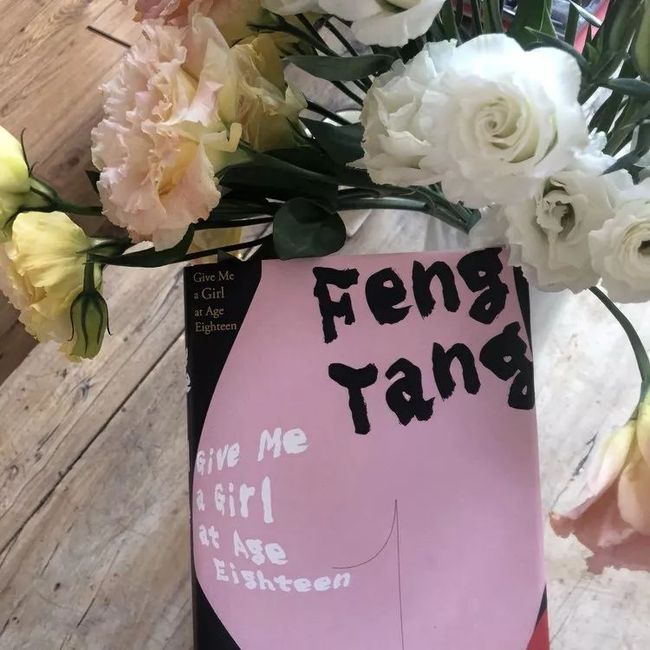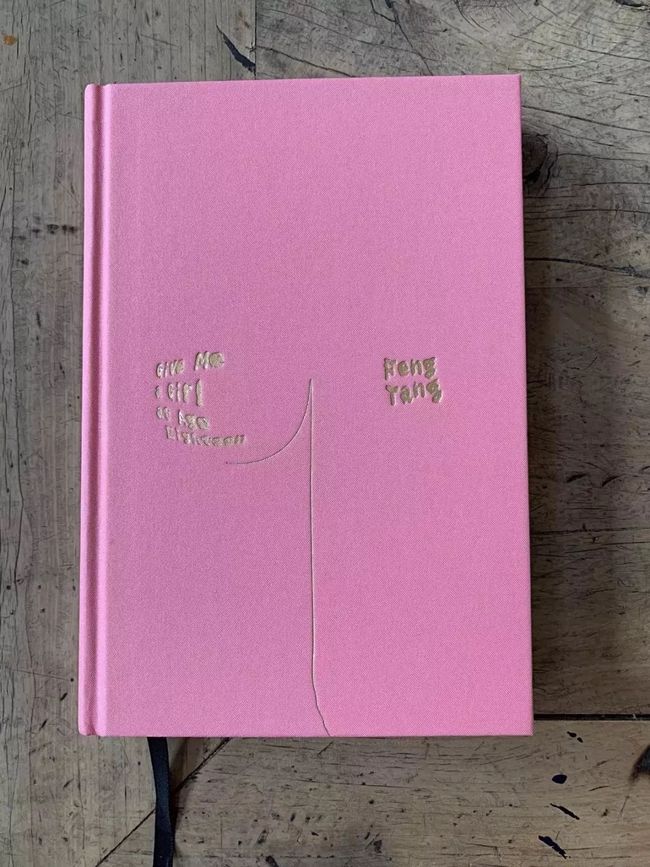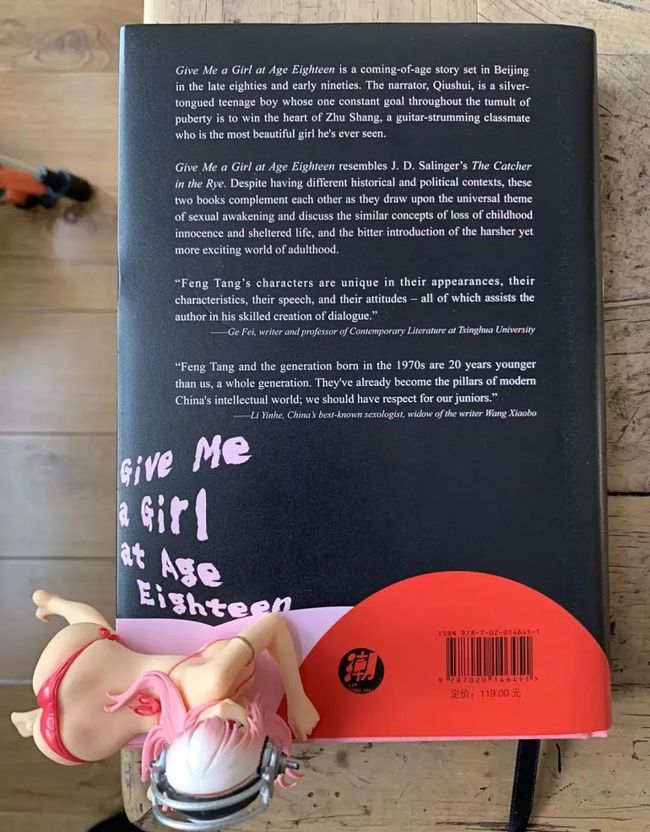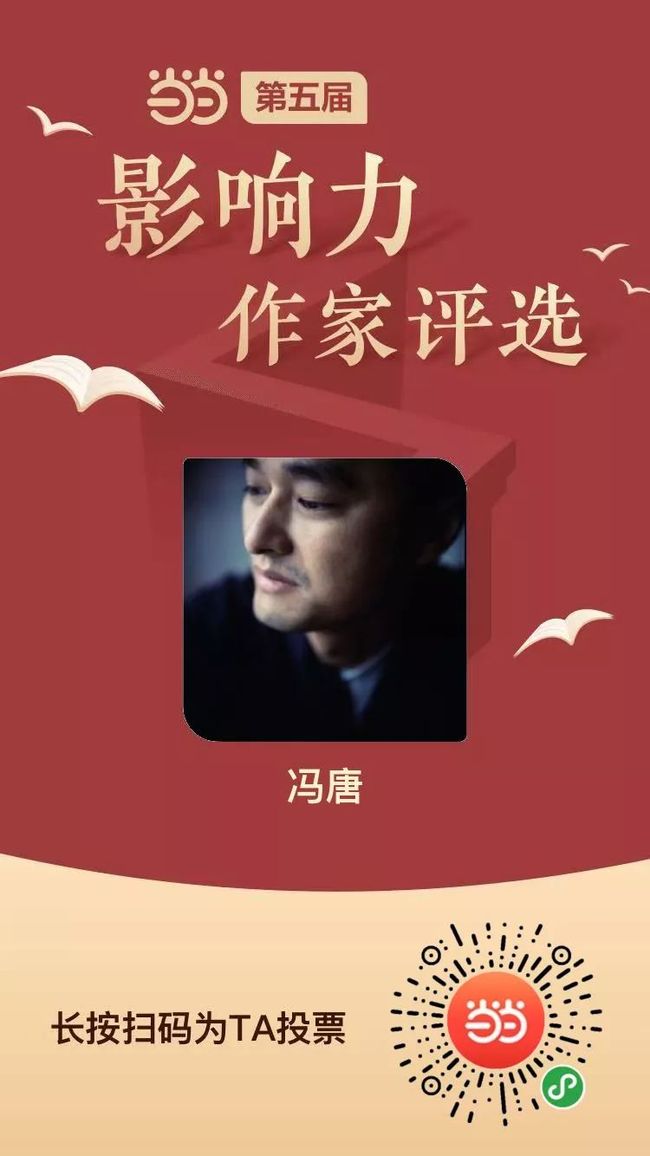一种声音
Give Me a Girl at Age Eighteen
Feng Tang’s once-scandalous debut has aged as badly as its adolescent narrator
By Carlos Ottery
Writing well about sex has always been a near-impossible task. It is why there are awards for bad sex writing, but not good.
Feng Tang’s Give Me a Girl at Age Eighteen is very much about sex, although there’s not much of it (bar one passing scene out of 266 hormonal pages) and what exists is more likely to make you cringe than smile in scandalous assent.
Instead of bona fide screwing, we get page after page of dreaming, pining, discussing, and philosophizing about sex; detailed wet dreams, endless erections, constant masturbation, and relentless cock talk. The narrator happens to be a teenage boy—all desperate thoughts and little action—in the manner of Philip Roth’s Portnoy’s Complaint, published back in 1969, when such things still had the capacity to shock.
A Beijinger who studied gynecology before working at consultancy firm McKinsey & Company, later emerging as a controversial novelist in the early 2000s, Feng Tang’s success is largely confined to China.
It is only in the last few years, Feng writes, that his fiction has moved from being a “serious hobby” to a full-time gig. He still finds time for consultancy on the side, which he oddly boasts about in his afterword (“I can make twenty thousand for producing a consultancy report, just one A4 sheet of content across a PPT slide.”)
Recently translated into English, Give Me a Girl at Age Eighteen, Feng’s debut novel, is the first of a loose, semi-autobiographical “Beijing trilogy” published between 2000 and 2007. The next installments, Everything Grows and Beijing, Beijing,followthenarratorQiushuithroughmedicalcollegeandtheworldoffinance.Thekeythrustofthefirstbook,whichFengclearlylaysoutinthethirdsentence,ishighschoolerQiushui’sobsessionwithagirlnamedZhuShang,andhisunending,unsubtledesiretohavesexwithher:“ThefirsttimeImetZhuShangImadeupmymind:Iwoulddowhateverittooktospendmylifewithher.”
ThereareotherthemesandideasinthebookotherthanQiushuireally,reallywantingtosleepwithZhuShang,butthenarrator’sunceasingadolescenthorninessisunderlinedbycharactersliketheOldLecherKing,aruffianwhocoachesQiushuiandhisgangofteenageboysonpickingupwomen:“Inyourwholelifesinceyouwereborn,haveyoueverencounteredthekindofgirlwiththelooks,thefigure,theattitude,whichcompels you to get hard, compels you to get it up, compelsyoutofuckher?Itdoesn’tmatterafterthat,ifyourfellergetschoppedorshredded,oriftheylockyouupandthrowawaythekey.Youmust get hard, you must get it up, you must fuck her.”
Nosurprise(orspoilers)that,whenQiushuidashestoZhuShang’shomeseeminglytoconfesshisundyingloveinthefinalchapter,itendsintears:“Ipulleddownthezipofmytrouserstorevealmytumescentpenis,smoothandcrystalline,likeaprofanity,liketheonethingIwantedtosay.”
In interviews, Feng has called sexuality “my trademark.” While it is possible for a novelist to have success through an obsessional relationship with sex—Feng references both Henry Miller and D. H. Lawrence as inspirations—there needs to be something that raises the work beyond juvenilia or smut for meandering smut’s sake.
While similar to the blogger Han Han’s debut 1988:IWanttoTalkwiththeWorld, which also reads like the work of an undersexed teenager, the book is actually based on an early novella which Feng wrote and confesses to be “very pretentious and immature” but “would serve as useful source material.” Even in the finished novel, though, the quality of the language, humor, and insight rarely rises above the level of a dick joke crudely scrawled on paper and passed to one of Qiushui’s friends in class.
Eighteen does capture something of what it was like to come of age in Beijing as part of a post-70s generation—too young to recall the Cultural Revolution, and caught within an ideological reset of free-market reforms and Westernization. These young adults, Feng among them, were the first in modern China to choose their own careers. But their lives were divided between certain political formalities—stodgy sloganeering and official dictums—and the desire to branch out, go shopping and have sex; and the obligation to study and serve. Qiushui’s class had to sit through Marxism class when all they really wanted was a new pair of Nike high-tops.
“I couldn’t bring myself to go and hear any more about how the inherent contradiction of capitalism lies in the fact that the continual expansion of production implies a proportional contraction in the power of the people,” Qiushui complains, one of a smattering of examples of officialese being used because it was the accepted thing, for irony, or just to get what this unruly generation wants.
Eighteen occasionally provides insights into the conflicts and desires of youth, but any sense of a sociological understanding inevitably gives ways to dull riffs about the role of the penis (or fellas, bollocks, bell ends, geezers, wankers, shags, cocks, stiffies, and arses) in modern teenage life. The book reads like a teenage diary—and much of it probably was a teenage diary—offering no glitter or dazzle, answering no philosophical questions, raising few laughs, and failing to entertain. Just how Feng Tang became one of China’s chief authorities on sex remains a puzzle.
“Give Me A Girl At Age Eighteen”is a story from our latest issue, “China Chic”. To read the entire issue, become asubscriberand receive thefull magazine. Alternatively, you can purchase the digital version from theiTunes Store.
本文转自“汉语世界”
www.theworldofchinese.com
特致谢意。



